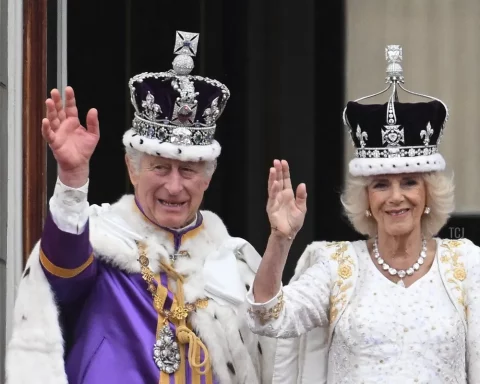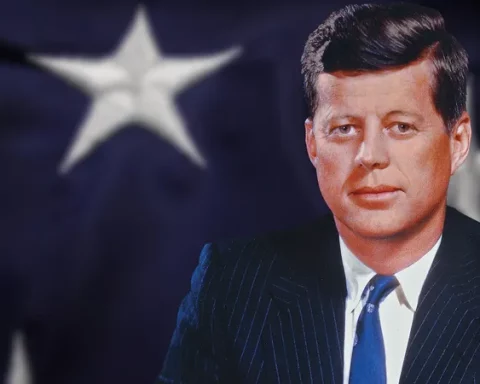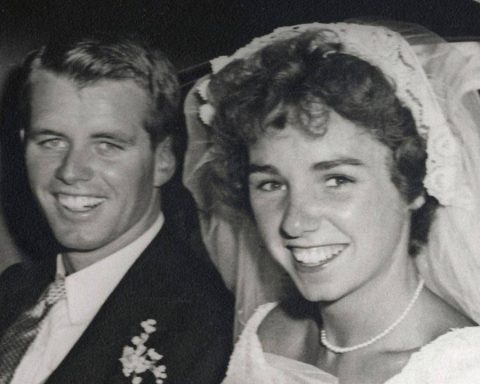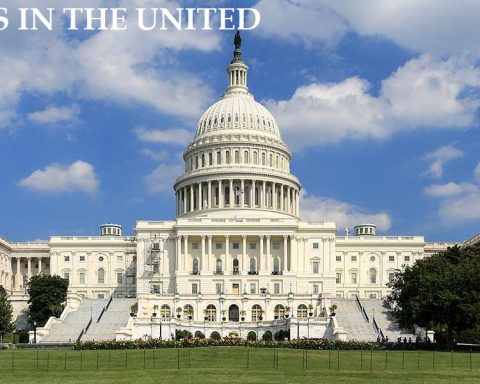Former President Jimmy Carter began to receive hospice care at home following a series of hospital stays, his foundation said in a statement.
“Carter today decided to spend his remaining time at home with his family and receive hospice care instead of additional medical intervention,” the statement said. “He has the full support of his family and his medical team. The Carter family asks for privacy during this time and is grateful for the concern shown by his many admirers.”
The Carter Center did not provide details of his recent hospitalizations. His grandson, Jason Carter, said in a tweet that “I saw both of my grandparents yesterday. They are at peace and — as always — their home is full of love. Thank you all for your kind words.”
President Jimmy Carter, 98, is the oldest living former American president and the first American president born in a hospital. He was diagnosed with cancer in August 2015 — melanoma that had spread to his liver and brain — but he was later declared cancer-free. In 2019, Carter suffered a black eye in a fall and was later hospitalized with a fractured pelvis incurred in a separate fall.
He told a church congregation in 2019 that he was “at ease with death” following his cancer diagnosis, CBS News reported.
Nancy Mitchell wrote about is a Professor of History at North Carolina State University.
In the mid-1970s, the Cold War had frozen into a nuclear stalemate in Europe and retreated from the headlines in Asia. As Gerald Ford and President Jimmy Carter fought for the presidency in late 1976, the superpower struggle overseas seemed to take a backseat to more contentious domestic issues of race relations and rising unemployment. There was one continent, however, where the Cold War was on the point of flaring hot: Africa.
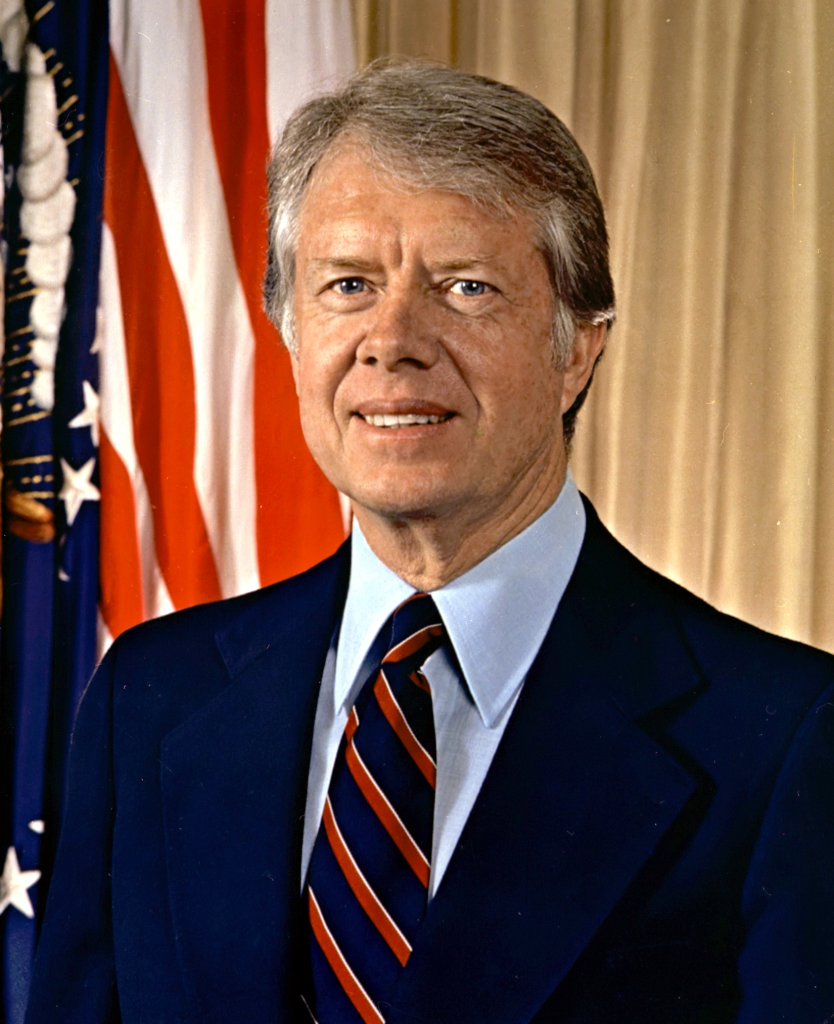
President Jimmy Carter in Africa opens just after Henry Kissinger’s failed 1975 plot in Angola, and as President Jimmy Carter launches his presidential campaign. The Civil Rights Act was only a decade old, and issues of racial justice remained hotly debated. Racism at home undermined Americans’ efforts to “win hearts and minds” abroad and provided potent propaganda to the Kremlin.
As President Jimmy Carter confronted Africa, the essence of American foreign policy—stopping Soviet expansion—slammed up against the most explosive and raw aspect of American domestic politics—racism.
Drawing on candid interviews with President Jimmy Carter, as well as key US and foreign diplomats, and on a dazzling array of international archival sources, Nancy Mitchell offers a timely reevaluation of the President Jimmy Carter administration and of the man himself in the face of two major tests, in Rhodesia and the Horn. In both, he grappled with questions of Cold War competition, domestic politics, personal loyalty, and decision-making style.
Mitchell reveals an administration not beset by weakness and indecision, as is too commonly assumed, but rather constrained by Cold War dynamics and by President Jimmy Carter’s own temperament as he wrestled with a divided public and his own human failings. President Jimmy Carter in Africa presents a stark portrait of how deeply Cold War politics and racial justice were intertwined.
Nancy Mitchell is a professor of history at North Carolina State University. She is the author of The Danger of Dreams: German and American Imperialism in Latin America (the University of North Carolina Press, 1999) and the chapter on Jimmy Carter in the Cambridge History of the Cold War (Cambridge University Press, 2012). She is currently working on an analysis of the meaning of détente in the 1970s.
Book Reviews
The following reviews have been made on that book.
“Anyone interested in the history of U.S. foreign policy in the 1970s, Jimmy Carter, race, the Cold War, the role of Andrew Young, Washington’s relations with southern Africa, or the crisis in the Horn should read this masterpiece from beginning to end.
Mitchell worked diligently on this book for a long time, and it shows. Jimmy Carter in Africa should be required reading for all undergraduate history majors in the United States, period.” – Andy DeRoche, Journal of Cold War Studies
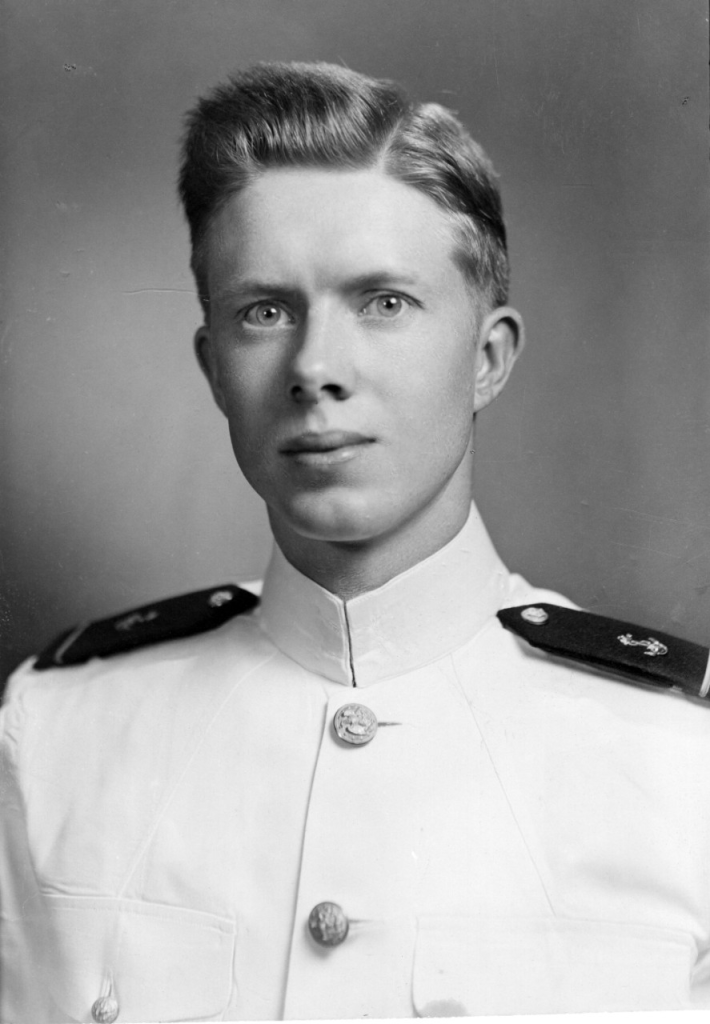
“The luminous writing style, the even tenor with which the author sets out her narrative, her impressive command of the sources, her ability to draw the many different strands together, as well as her persuasive arguments, kept this reviewer riveted from beginning to end. This magisterial book assuredly deserves a place in any library concerned with international affairs during the Cold War.”—Philip Crimes, Oxford Academic: International Affairs
“The single term of Jimmy Carter’s presidency, from 1977 to 1981, has typically been summarized by its failures: so-called ‘stagflation,’ national malaise, the Iran hostage crisis, the 1979 energy crisis. Carter himself usually fares no better as a leader, usually characterized as something of a political naif caught between the conciliatory viewpoint of his secretary of state, Cyrus Vance, and the ‘hawkish’ tendencies of his national security advisor, Zbigniew Brzezinski.…
North Carolina State University history professor Nancy Mitchell, in her magisterial new book Jimmy Carter in Africa: Race and the Cold War, aims to overturn such easy verdicts.… Jimmy Carter in Africa may not be a summary vindication of a presidency that’s rightly criticized as something of a muddle, but it’s by a wide margin the best book about that presidency that’s yet appeared.”—Steve Donoghue, Christian Science Monitor
“Mitchell’s superb treatment of international maneuvering in Africa in the 1970s delivers the most incisive portrait yet of Carter and other personalities at the top of his administration plus, as a bonus, the best examination to date of Henry Kissinger’s discovery of Africa in his last year as secretary of state. An absorbing, important, and entertaining read.”—James G. Hershberg, author of Marigold: The Lost Chance for Peace in Vietnam.
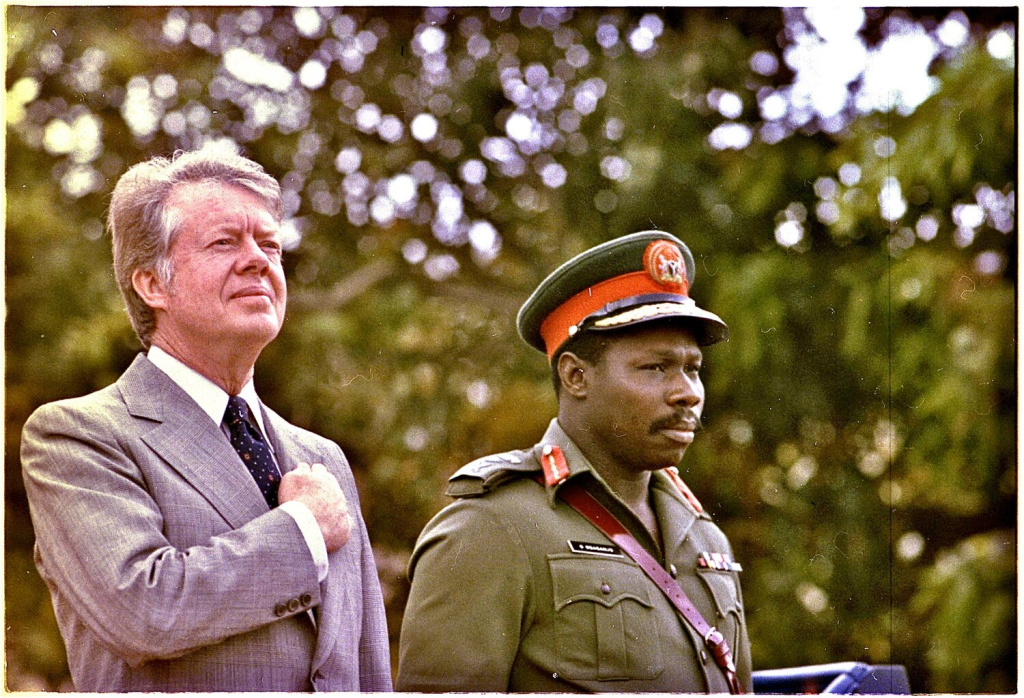
“The research for this book is staggering. It is a model of multi-archival research in many disparate collections in the United States as well as in the archives of numerous other countries. This book will give us a new and much more textured, balanced, and thoughtful portrait of Jimmy Carter as a president and of the foreign policy of his administration.”—Melvyn P. Leffler, author of A Preponderance of Power: National Security, The Truman Administration, and the Cold War.
ALSO READ: President Jimmy Carter
“The volume’s arguments and overall importance can not only change our views of Jimmy Carter’s foreign policies and the domestic and foreign pressures he overcame to formulate those policies but also force us to rethink critical parts of US relations with Africa amidst the historic racial and civil rights events of the 1970s.”—Walter LaFeber, author of The Clash: U.S.-Japanese Relations Throughout History

“Mitchell is truly pioneering in her effort to include a multitude of African, Latin American, European and even Australian sources in the story of the diplomacy of this period. She also does an excellent job of integrating within her narrative America’s domestic racial politics, and their effects on men like Jimmy Carter and Andrew Young. President Jimmy Carter in Africa will certainly compel historians to reassess Carter’s diplomacy and to recognize both his significant achievements and failures on the African continent.”—Thomas Schwartz, author of Lyndon Johnson and Europe: In the Shadow of Vietnam
“The Cold War in Africa has received much less attention than the Cold War in Europe and the Middle East, and Nancy Mitchell has made a significant contribution to rectifying this. I am sure that Jimmy Carter in Africa will become the standard work for the Cold War in Rhodesia and Ethiopia/Somalia in the 1970s. This book is an outstanding achievement.”—Klaus Larres, author of Churchill’s Cold War: The Politics of Personal Diplomacy
Source: Jimmy Carter in Africa: Race and the Cold War


